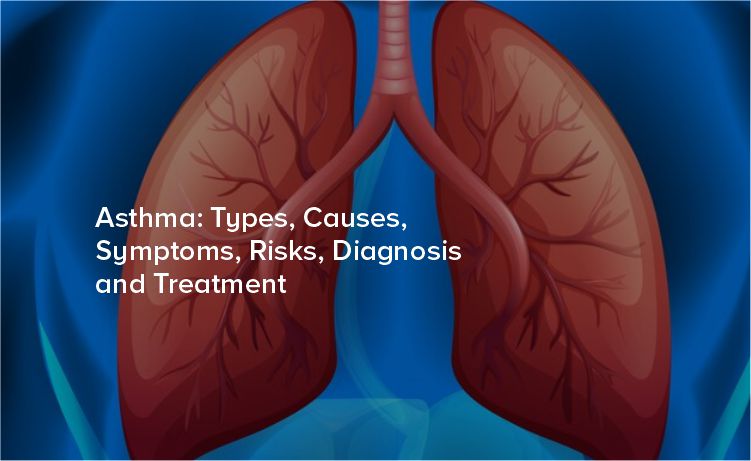
Asthma stands as a beacon of complexity within the respiratory conditions that affect millions worldwide. Diving into asthma's depths reveals a multifaceted disorder, characterized by airway inflammation that leads to wheezing, breathlessness, chest tightness, and coughing.
Asthma is not a one-size-fits-all condition. It manifests in several types, each with unique triggers and symptoms:
Allergic Asthma: Triggered by allergens like pollen, mold, pet dander, and dust mites.
Non-Allergic Asthma: Caused by factors such as stress, exercise, cold air, or illnesses like the flu.
Occupational Asthma: Induced by inhaling fumes, gases, dust, or other potentially harmful substances while at work.
Exercise-Induced Bronchoconstriction (EIB): Asthma symptoms that are triggered specifically by exercise.
Aspirin-Exacerbated Respiratory Disease (AERD): A small percentage of people have asthma worsened by aspirin or other NSAID drugs.
While the exact cause of asthma remains elusive, it's broadly understood to result from a combination of genetic predisposition and environmental factors. Triggers vary among individuals and can include:
Allergens: Such as pollen, dust mites, mold, pet hair, and cockroach droppings.
Irritants in the Air: Smoke, pollution, chemical fumes, and strong odors.
Respiratory Infections: Frequent colds can also trigger asthma.
Physical Activity: Leading to exercise-induced asthma.
Cold Air: Which can constrict airways.
Medications: Including beta-blockers, aspirin, and other nonsteroidal anti-inflammatory drugs.
Asthma symptoms can range from minor to severe and may vary over time or depending on the environment.
Shortness of Breath: Especially during the night or early morning.
Wheezing: A whistling sound when breathing.
Chest Tightness Coughing: Particularly at night or early in the morning.
Several factors can increase your risk of developing asthma. These include:
Genetic Predisposition: A family history of asthma or allergic conditions.
Environmental Exposure: To allergens, irritants, or occupational vapors.
Obesity: Higher body mass index (BMI) can increase asthma risk.
Smoking: Including exposure to secondhand smoke.
History of Viral Infections: Childhood respiratory infections may increase asthma risk.
Diagnosing asthma involves evaluating medical history, physical exams, and performing specific tests. The most common diagnostic tools include:
Spirometry: This test estimates the narrowing of bronchial tubes by checking how much air you inhale and exhale.
Peak Flow: A simple test that measures the force of air you can expel from your lungs.
Methacholine Challenge: Methacholine causes asthma symptoms and if your airways react, it likely indicates asthma.
Imaging Tests: Like X-rays to view the condition of the lungs and sinuses.
There's no cure for asthma, but a combination of lifestyle adjustments and medications can control symptoms. Treatment plans may include:
Inhaled Corticosteroids: To reduce inflammation in the airways.
Long-Acting Beta Agonists (LABA): Used in combination with inhaled steroids for better control.
Leukotriene Modifiers: Or anti-leukotriene agents to control and prevent symptoms.
Quick-Relief Inhalers (Bronchodilators): For sudden symptoms.
Biologic Therapy Drugs: For severe asthma.
Adopting an asthma action plan with the assistance of a healthcare provider, avoiding known triggers, maintaining a healthy weight, and regular exercise can also significantly manage symptoms.
Understanding asthma in its entirety—from types and causes to diagnosis and treatment—empowers individuals to take control of their health and quality of life. While asthma continues to pose significant challenges, advances in diagnosis and treatment offer hope and improvement for many. By staying informed and engaged with healthcare providers, individuals with asthma can lead active, fulfilling lives. Citizens Specialty Hospital has the best team of Pulmonologists in Hyderabad.